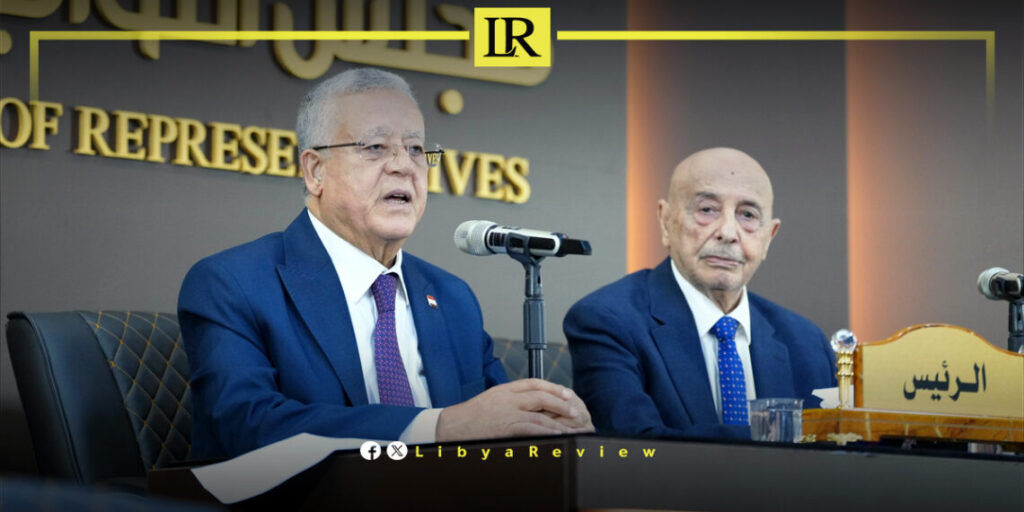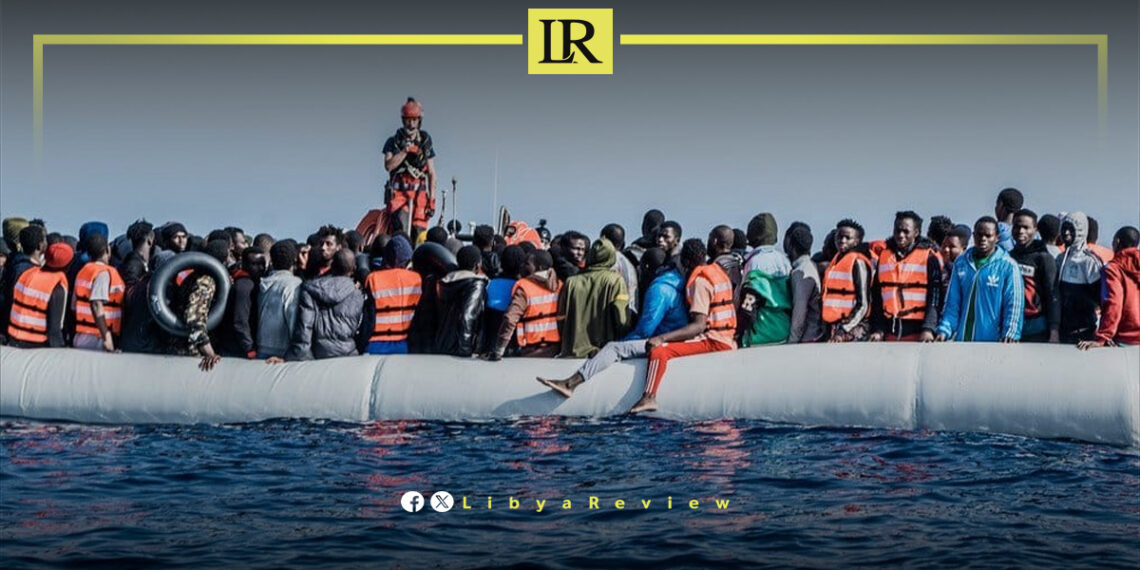NATIONAL SECURITY ISSUES
- Libya has emerged as the leading country of origin for illegal migrants arriving in Italy, according to a report published by Italy’s Nova News Agency. As of December 30, a total of 30,147 migrants made the perilous journey from Libya to Italy. The report highlights that these figures account for the majority of migrant arrivals in Italy. Meanwhile, 15,931 migrants arrived from Tunisia, making up 29.57% of the total. Most of the migrants departing from Libya began their journey from the capital, Tripoli. A smaller percentage, around 3.11% or 939 migrants, embarked from Libya’s eastern region of Cyrenaica (Barqa).
- The Al-Zawiya West division of the Libyan Red Crescent has recovered three unidentified bodies from Al-Mutrad Beach in the city of Al-Zawiya, following a report from the Al-Mutrad Police Station and an order from the Public Prosecution. According to a statement released by the Al-Zawiya branch of the Red Crescent on their official Facebook page, all necessary professional measures were taken to ensure the safety of the recovery operation. The bodies have been handed over to the relevant authorities for further legal procedures and identification. This incident underscores the ongoing challenges faced by coastal regions in Libya, particularly regarding unidentified bodies found along the shores, often suspected to be related to illegal migration attempts across the Mediterranean.
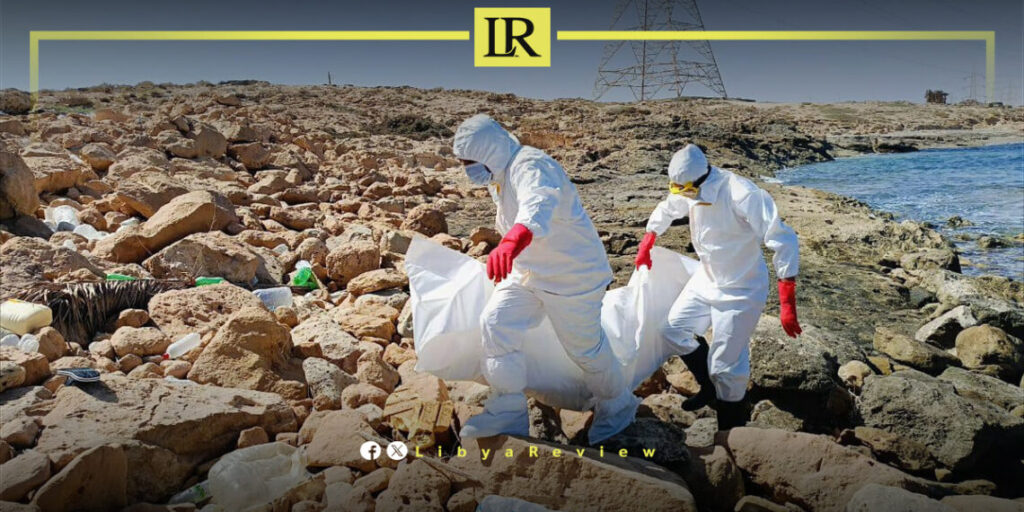
- The International Organization for Migration (IOM) announced that it had successfully helped more than 11,000 migrants voluntarily return to their home countries from Libya in 2024. In a statement, the IOM added that this effort is part of the IOM’s ongoing Voluntary Humanitarian Return (VHR) program, which ensures the safe and dignified return of migrants stranded in Libya who wished to go back to their countries of origin. The IOM’s program plays a crucial role in offering migrants a lifeline, providing not only safe repatriation but also vital reintegration support. Migrants who participate in the program receive help to rebuild their lives upon returning home, including financial and logistical assistance to support their reintegration into society.
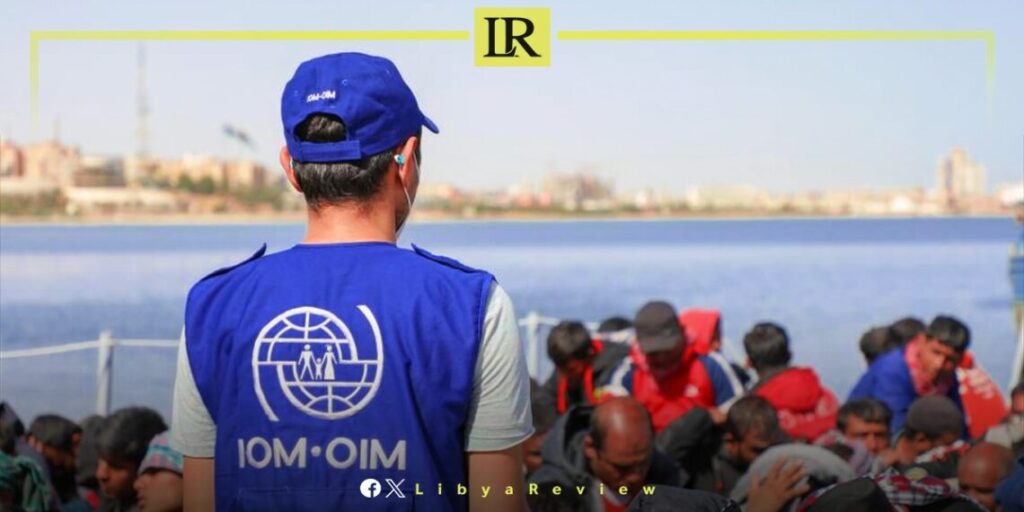
- The International Organization for Migration (IOM) in Libya has released its latest maritime update, covering the period between 22 and 28 September 2024. The data reveals the persistent scale of the migration crisis, with a total of 1,166 migrants intercepted and returned to Libya during the week. These figures highlight the continuing challenges facing migrants on the Central Mediterranean route, which remains one of the deadliest migration paths in the world. As of 2024, a staggering 17,632 migrants have been intercepted and brought back to Libya. Among them, 15,493 are men, while 1,235 women and 593 children were also accounted for. However, data for 311 migrants was incomplete, with no available gender information.
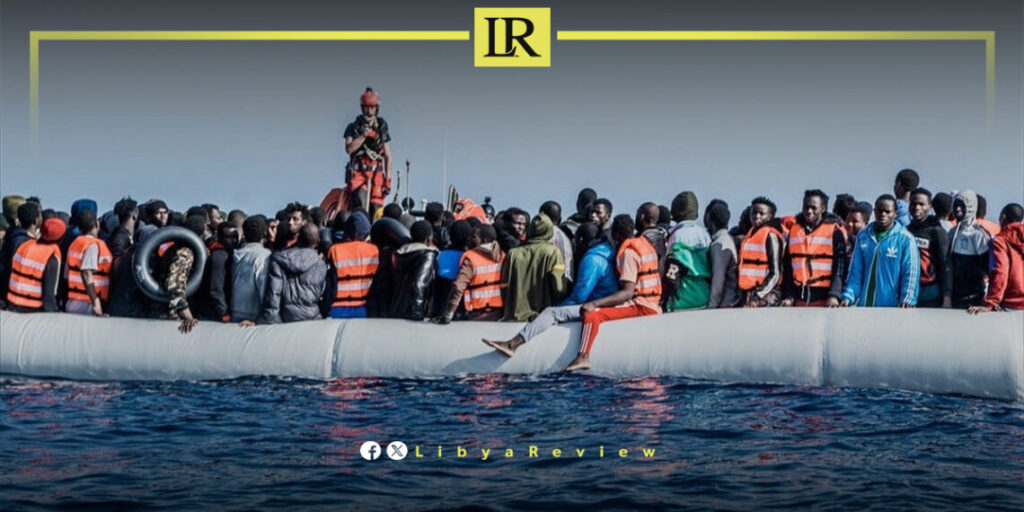
NATIONAL POLITICS AND SOCIAL ISSUES
- The Chief of Staff of the Libyan National Army’s (LNA) Security Unites, Major General Khalid Khalifa Haftar, welcomed US Chargé d’Affaires to Libya Jeremy Berndt and US military attaché Major Ethan Orwin at the command headquarters in Rajma. A photo was posted on the official Facebook page of the Security Units, showing Khalid Haftar alongside the US officials. However, no specific details about the discussions were provided in the post. Berndt later explained that the meeting with Haftar was part of the US’s ongoing engagement with military leaders across Libya. In a statement on X (formerly Twitter), the US Embassy in Libya stated that the talks focused on enhancing military cooperation between the two countries.

- According to reliable sources, Commander-in-Chief of the Libyan National Army (LNA), Khalifa Haftar, has issued a decision to retire 2,700 officers, including 20 generals, along with 600 officers of various other ranks, ranging from colonel to major. As reported by Libya Press, sources revealed that Haftar also ordered the retirement of 1,500 non-commissioned officers born in 1972 or earlier. The sources indicated that the lists of retirees will be officially published by the end of this week or early next week. Libya has been in chaos since a NATO-backed uprising toppled longtime leader Muammar Gaddafi in 2011. The county has for years been split between rival administrations.
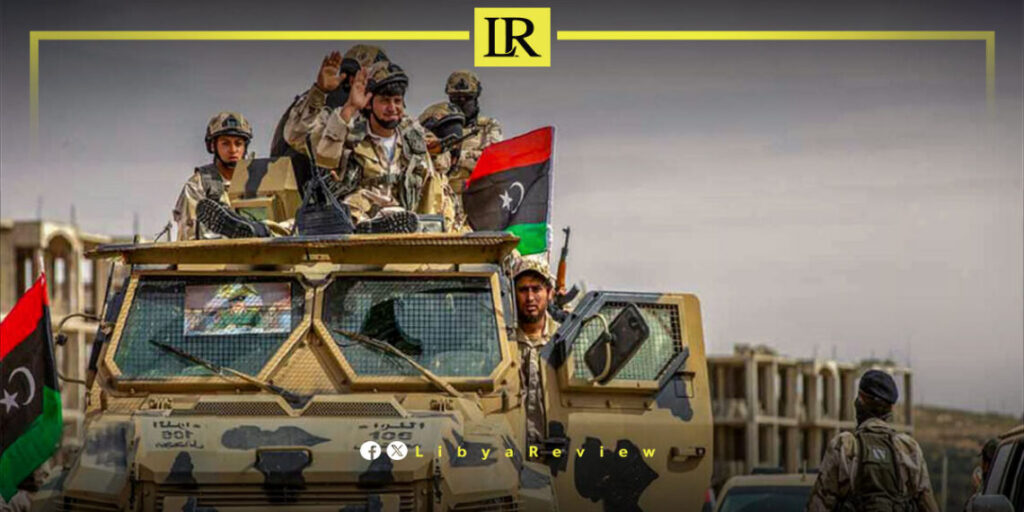
- In September 2024, the European Union’s Operation IRINI, tasked with enforcing the United Nations arms embargo on Libya, investigated 209 commercial ships via radio communications out of a total of 17,720 vessels. Additionally, the mission conducted six boardings with consent and executed 671 so-called “friendly approaches,” which do not disrupt the ships’ schedules or activities. Since the mission’s inception, it has also monitored 88 suspicious flights (out of 1,582 total) and continued surveillance over 25 airfields and 16 ports and oil terminals. These findings are part of the monthly report from Operation IRINI (Greek for “peace”), headquartered in Rome.

- The Libyan Parliament-designate government, led by Prime Minister Osama Hammad, lifted the state of force majeure on all oil fields, ports, and facilities, allowing for the resumption of normal oil production and exports. This decision comes as part of efforts to support recent developments by the House of Representatives and the High Council of State, which resulted in the appointment of a new governor for the Central Bank of Libya and his deputy.
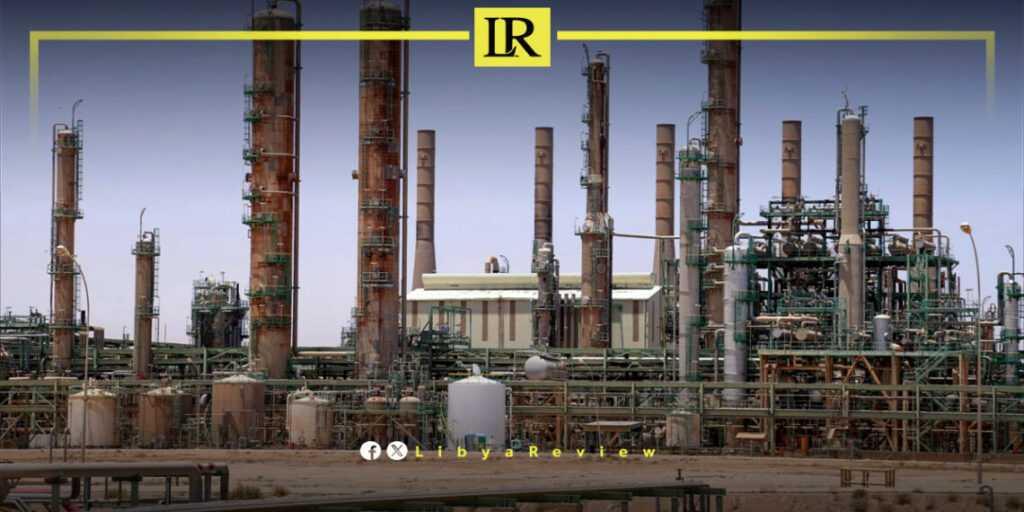
- Jennifer Gavito, the nominee for US Ambassador to Libya, has officially requested that President Joe Biden withdraw her candidacy after a frustrating 32-month delay. Her nomination, submitted by the State Department, had been stuck in Senate limbo for nine months, with no progress made toward confirmation. Gavito explained that the Senate’s inability to advance 26 foreign policy nominations, including her own, during the pre-election recess, led to her decision to step aside. Citing her 26 years of diplomatic service, she stated that after such an extended wait, it was time to prioritize her family.
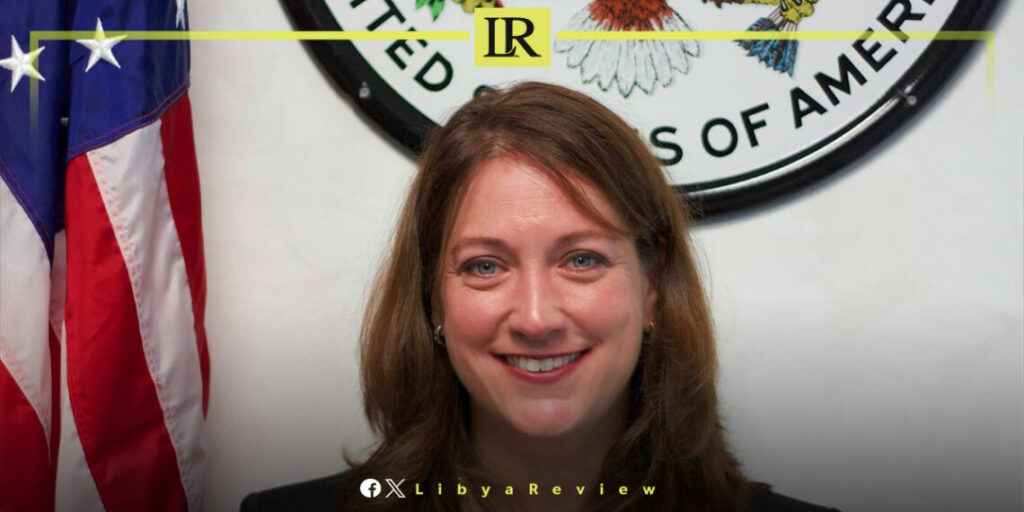
- Salem Al-Zadma, Deputy Prime Minister of the Libyan government appointed by the House of Representatives, outlined a “prescription” for resolving Libya’s ongoing crises, emphasizing that “the only solution lies in comprehensive dialogue that takes into account the concerns of all political parties.” In an interview with Asharq Al-Awsat, Al-Zadma defended the position of the authorities in eastern Libya regarding the closure of oil fields and ports, arguing that it was a measure taken to “preserve the livelihoods of citizens.” Responding to those who describe his government as the “Government of Haftar’s Sons,” he stated that it “represents all Libyans” and noted that it extends administrative control over two-thirds of Libya’s territory.
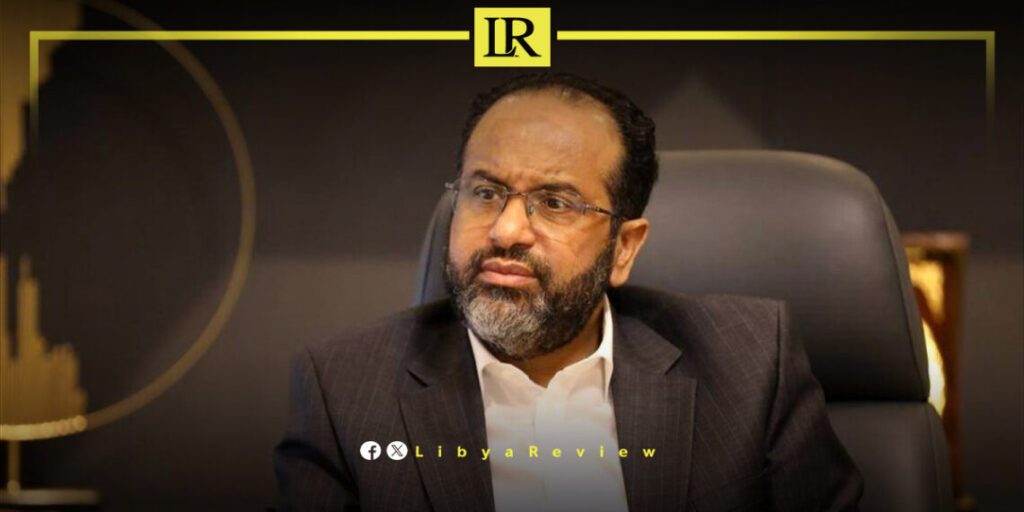
INTERNATIONAL RELATIONS
- A delegation from China’s Sichuan Jade Oil & Gas Technology Service Co., Ltd met with Libyan Minister of Water Resources, Mohamed Douma, and senior officials from the ministry to explore opportunities for cooperation in water and wastewater technology. During the meeting, Douma and the Chinese company’s leaders discussed an advanced technology presentation focused on water treatment and sewage lifting station management. Minister Douma emphasized the importance of these technologies in enhancing the ministry’s efforts to develop the country’s water and wastewater infrastructure.
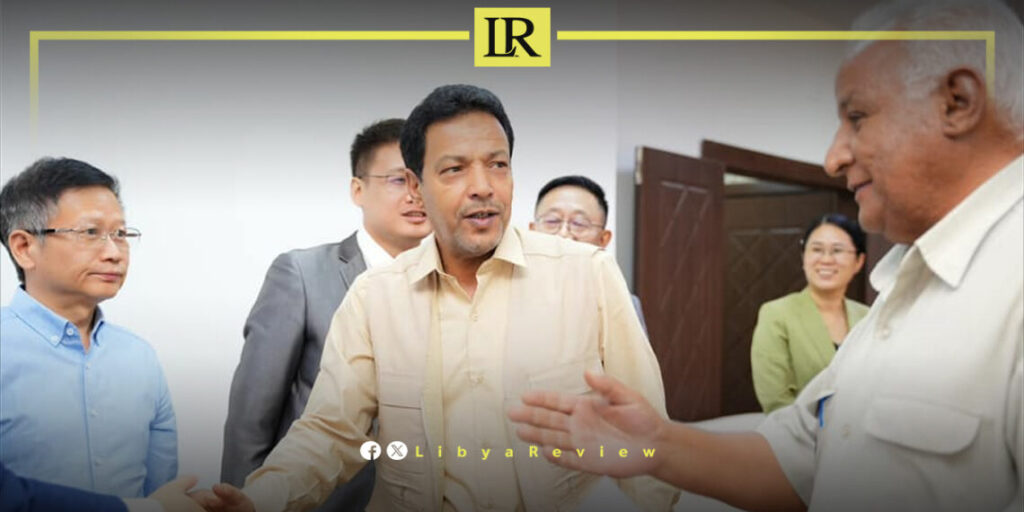
- Libya’s Parliament-designated Prime Minister, Osama Hammad, welcomed the Liberian President’s Special Envoy to the Prime Minister’s office in Tripoli. The envoy delivered a personal letter from Liberia’s President, Joseph Boakai, to Prime Minister Hammad, marking a significant step in bolstering the diplomatic relationship between the two African nations. The meeting focused on deepening cooperation across a range of areas, including trade, security, and economic development. Both sides emphasized the importance of strengthening ties and promoting mutual interests, reinforcing Libya’s commitment to establishing strong partnerships with other African countries.
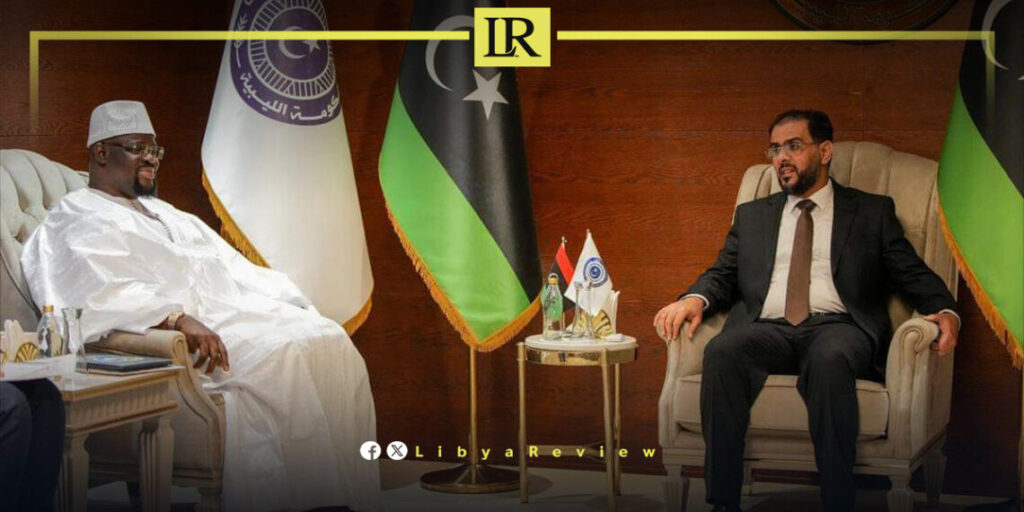
- The Speaker of the Egyptian Parliament, Hanafy El-Gebaly, reaffirmed Egypt’s ongoing commitment to promoting stability in Libya. In a parliamentary session, El-Gebaly emphasized that Egypt continues to support national institutions in Libya in their efforts to achieve a political settlement. He stressed that this resolution should be Libyan-led and free from any external pressure. El-Gebaly’s remarks align with Egypt’s broader diplomatic efforts to restore peace and security in Libya, underlining the importance of national unity and stability in the region. Egypt expressed its welcome for the agreement reached between Libya’s House of Representatives and the High Council of State on appointing new leadership for the Central Bank. The move is seen as a key step towards restoring stability in the country, which has been struggling with a severe crisis for months.
